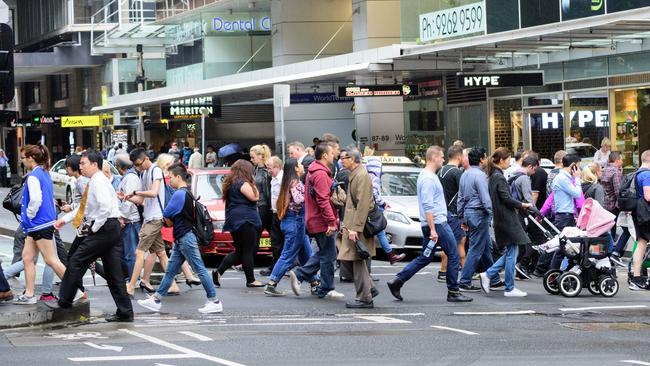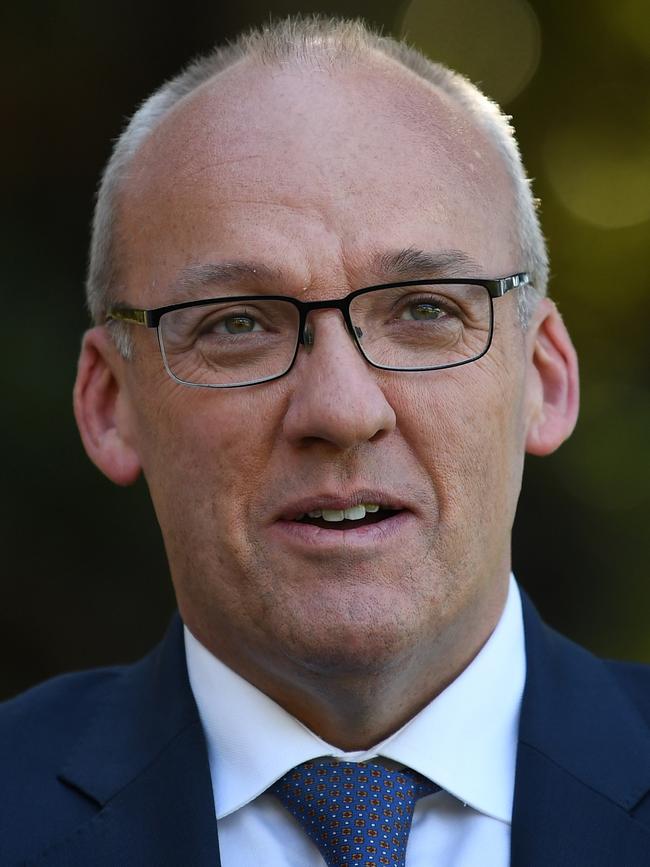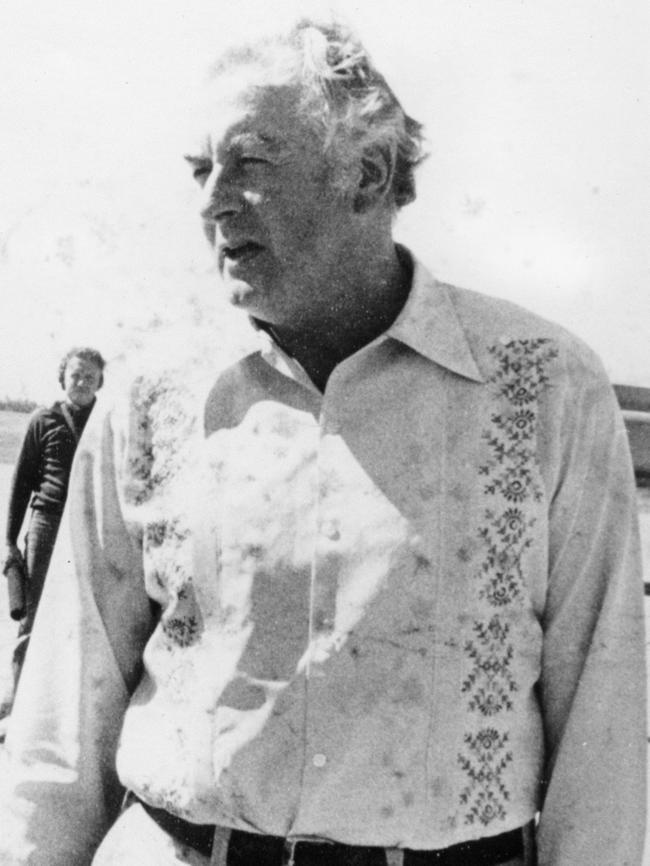ALP state deputy Michael Daley urges federal politicians to help Sydney cope with added population
CANBERRA must help Sydney “deal with some of the burdens” of immigration, state Labor deputy leader Michael Daley has warned.

NSW
Don't miss out on the headlines from NSW. Followed categories will be added to My News.
CANBERRA must help Sydney “deal with some of the burdens” of immigration, state Labor deputy leader Michael Daley has warned.
Mr Daley — the man seen as a future state Labor leader — said the city needed a “sweetener” to absorb the rising immigration levels and that this was a “Sydney-saving” prospect.
He said life in Sydney would be “manifestly unpleasant” if the federal government didn’t also do more to invest in infrastructure.

Mr Daley outlined his vision for the state in a speech to the Committee for Sydney yesterday, and evoked former Labor prime minister Gough Whitlam as he called for more federal investment in NSW.
He said there was a “mismatch” between infrastructure spending for Sydney projects from the Commonwealth and growth from immigration.

“If the federal government wants Sydney to absorb 80,000 people per year on top of natural growth and internal migration, then it is imperative they get back into city-shaping, Sydney-saving levels of funding,” he said.



Last year, Labor leader Luke Foley warned the migration intake must be set in consultation with the states.
Premier Gladys Berejiklian has also called for such input into migration levels.
But Mr Daley’s demand that immigration increases be matched with funding go further.
Mr Daley reflected on the way Mr Whitlam had established the National Sewerage Program in 1973 to connect suburban Sydney homes to sewerage systems.
“Well today’s missing sewerage systems are congestion, travel times, lack of connectivity and adequate and affordable housing,” Mr Daley said.
REGIONAL SUPPORT FOR VISA RULES FORCING MIGRANTS TO THE BUSH
“And with population growth as it is, Sydney needs help.”
He said the state government should not be let off the hook, but that Canberra needed to take responsibility for investing in infrastructure.
